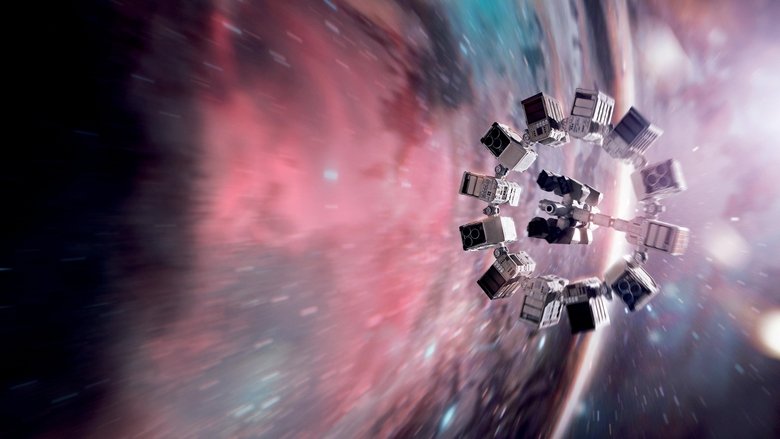Movies that make you think: a list of complex films
Looking for films that challenge your perception and leave you pondering long after the credits roll? Here's a curated list of movies known for their intricate plots and philosophical themes.



Thought-provoking movies possess a special power; they linger in your mind, prompting introspection and sparking endless discussions. These films often explore complex themes such as the nature of reality, identity, and the human condition, challenging our assumptions and expanding our understanding of the world. From mind-bending sci-fi epics to intimate character studies, these movies use narrative and visual storytelling to ignite our curiosity and push the boundaries of cinematic art.
Films like "The Matrix", which masterfully blends action with philosophical inquiry, and "Blade Runner", a noir-tinged exploration of what it means to be human, set a high bar for the genre. Then you have movies like "Fight Club" which serves as a blistering critique of consumer culture and masculinity, or the ingenious non-linear storytelling of "Memento", demanding active participation from the viewer, reflecting our memory distortion and perception of reality.
These films stay with you precisely because they resist easy answers, inviting us to engage with their mysteries and consider their implications long after the screen fades to black. Get ready to question everything you thought you knew.
14. The Lobster (2015)
Yorgos Lanthimos's dystopian black comedy, The Lobster, presents a bizarre and unsettling vision of a society obsessed with romantic relationships. The film follows David, a recently single man who is sent to a hotel where he must find a partner within 45 days or be transformed into an animal of his choosing. The Lobster is a darkly humorous and thought-provoking satire of modern dating, social expectations, and the pressure to conform. Colin Farrell delivers a deadpan performance as David, capturing the character's apathy and desperation. The film's absurdist humor and unconventional storytelling make it a unique and memorable cinematic experience.
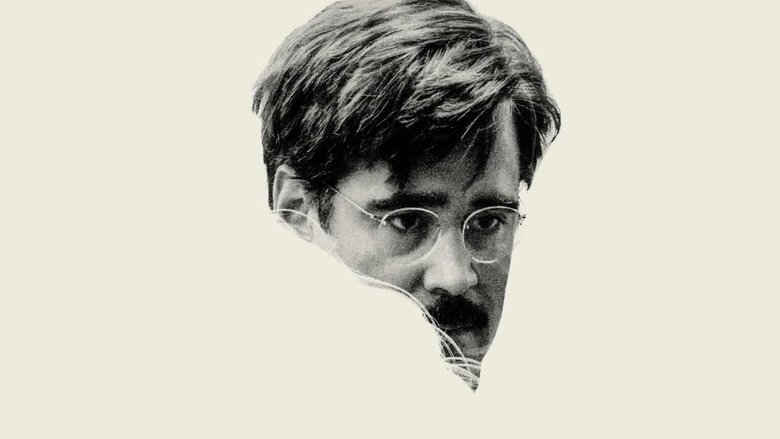
13. The Fountain (2006)
Darren Aronofsky's ambitious and visually striking film, The Fountain, weaves together three interconnected stories spanning centuries to explore themes of love, death, and immortality. The film's complex narrative and surreal imagery may not appeal to all viewers, but those who embrace its abstract nature will find it a deeply moving and thought-provoking experience. Hugh Jackman and Rachel Weisz deliver powerful performances in multiple roles, conveying the characters' enduring love and their struggle with mortality. The film's score, composed by Clint Mansell, is haunting and emotionally resonant. The film was a box office bomb, but has become a cult classic over the years.
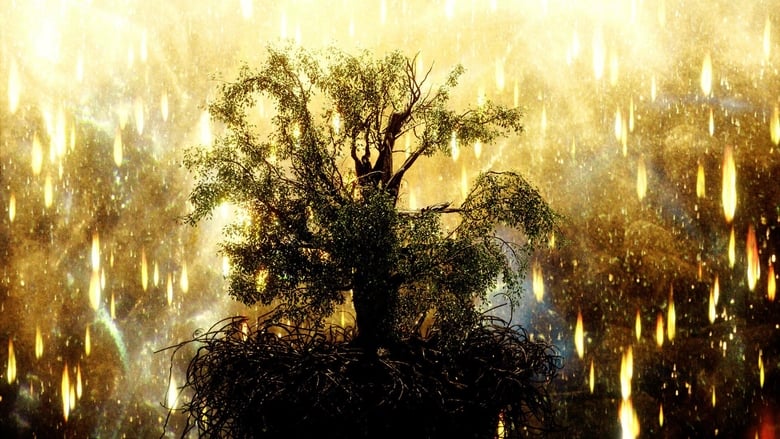
12. Her (2013)
Spike Jonze's science fiction romantic drama, Her, explores the complexities of love and relationships in an increasingly digital world. The film follows Theodore Twombly, a lonely writer who develops a relationship with Samantha, an artificial intelligence operating system. Her raises profound questions about intimacy, connection, and the nature of consciousness. Joaquin Phoenix delivers a nuanced and moving performance as Theodore, conveying the character's vulnerability and longing for connection. Scarlett Johansson provides the voice of Samantha, bringing warmth, intelligence, and emotional depth to the AI character. The film's depiction of future technology feels both plausible and thought-provoking.
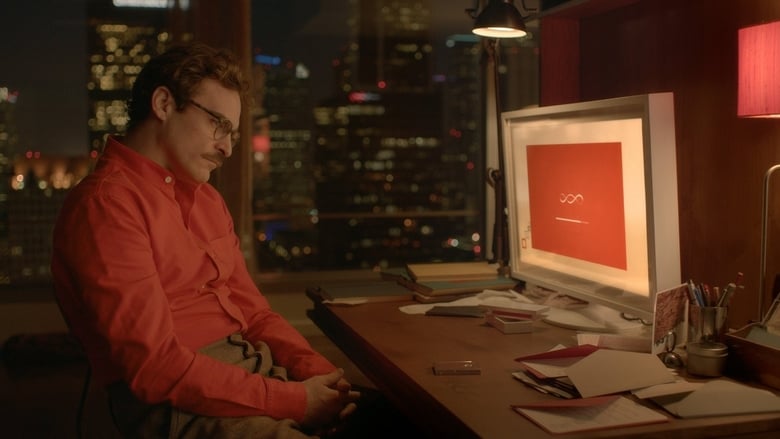
11. Blade Runner (1982)
Ridley Scott's science fiction noir, Blade Runner, is a visually stunning and thematically rich exploration of what it means to be human. Set in a dystopian future, the film follows Deckard, a blade runner tasked with hunting down rogue replicants, artificial humans who have escaped from their creators. Blade Runner raises profound questions about identity, memory, and the ethical implications of advanced technology. The film's atmosphere, inspired by film noir and cyberpunk, has influenced countless science fiction films and television shows. The movie had several cuts and versions released, and the debate continues about whether Deckard himself is a replicant.
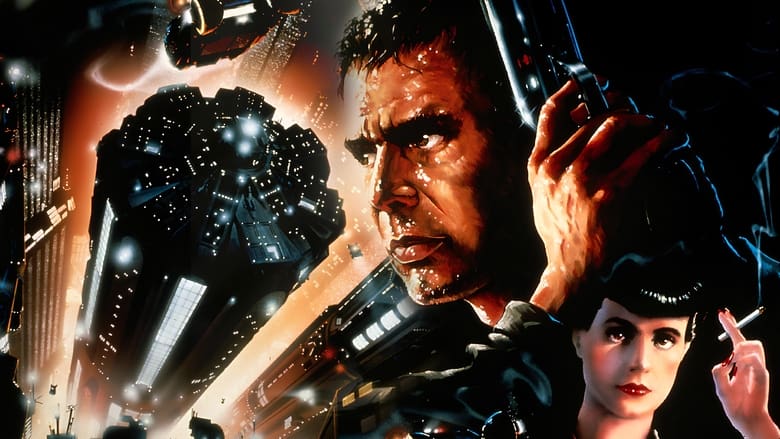
10. Donnie Darko (2001)
Richard Kelly's science fiction psychological thriller, Donnie Darko, is a haunting and surreal exploration of fate, free will, and the search for meaning in a chaotic world. The film follows Donnie Darko, a troubled teenager who receives visions of a mysterious figure in a rabbit costume who warns him of the world's impending end. Donnie Darko is a cult classic that continues to resonate with audiences due to its dark atmosphere, thought-provoking themes, and memorable characters. The film's soundtrack, featuring Echo & the Bunnymen's 'The Killing Moon,' adds to its haunting atmosphere.
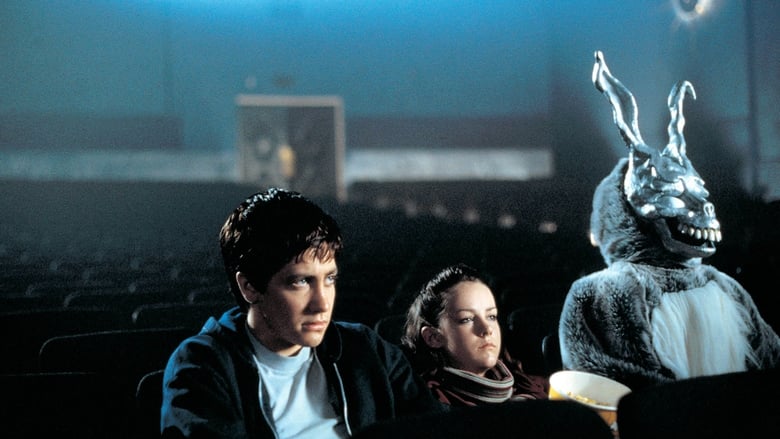
9. The Truman Show (1998)
Peter Weir's satirical comedy-drama, The Truman Show, offers a prescient commentary on reality television, surveillance culture, and the search for authenticity in a manufactured world. The film follows Truman Burbank, a man who unknowingly lives his entire life as the star of a reality show, broadcast to a global audience. The Truman Show raises profound questions about privacy, freedom, and the nature of reality itself. Jim Carrey delivers a remarkable performance as Truman, balancing the character's naivete with his growing awareness of the truth. The film was released years before reality television became a global phenomenon.

8. Fight Club (1999)
David Fincher's cult classic, Fight Club, is a dark and disturbing satire of consumerism, masculinity, and the search for meaning in a soulless world. The film follows an unnamed narrator who finds solace in an underground fight club led by the charismatic and enigmatic Tyler Durden. Fight Club challenges viewers to question societal norms and confront their own repressed desires. The film's shocking plot twists and stylized visuals have made it a favorite among those who feel alienated and disillusioned. The film had a divided response from critics and audiences upon its release, but has since gained a cult following.
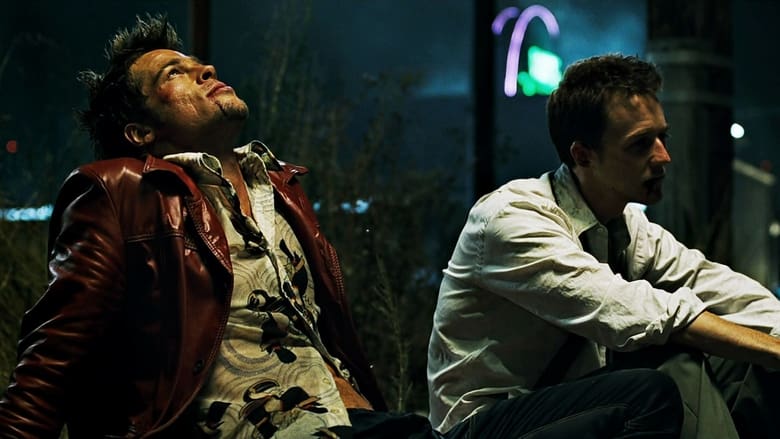
7. The Prestige (2006)
Christopher Nolan's mystery thriller, The Prestige, delves into the cutthroat world of illusionists and the dangerous obsession with outdoing one's rivals. Set in Victorian-era London, the film follows two magicians locked in a bitter feud, each determined to uncover the other's secrets, regardless of the cost. The Prestige explores themes of ambition, sacrifice, and the deceptive nature of reality. The film's intricate plot, filled with twists and turns, keeps viewers guessing until the very end. Both Christian Bale and Hugh Jackman deliver great performances as the dueling magicians. The movie also has David Bowie playing Nikola Tesla.

6. Arrival (2016)
Denis Villeneuve's science fiction drama, Arrival, transcends the typical alien invasion narrative to explore the power of communication and the nature of time itself. The film centers on a linguist tasked with deciphering the language of extraterrestrial visitors, a process that leads her to a profound understanding of consciousness and the interconnectedness of all things. Arrival is a thought-provoking meditation on language, perception, and the choices that shape our lives. Amy Adams delivers a stellar performance as Louise Banks, conveying the character's intelligence, empathy, and emotional depth. The film's score, composed by Jóhann Jóhannsson, enhances its sense of mystery and wonder.
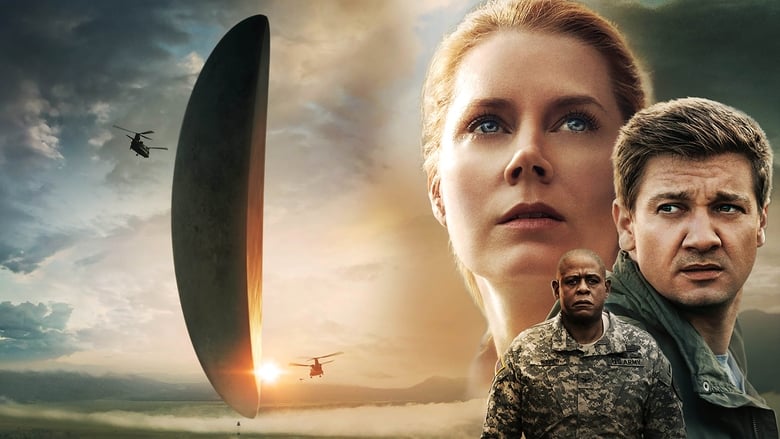
5. Memento (2000)
Christopher Nolan's neo-noir psychological thriller, Memento, challenges viewers with its innovative narrative structure and exploration of memory and identity. The film's story, told in reverse chronological order, puts the audience in the shoes of Leonard Shelby, an amnesiac man piecing together fragmented memories to solve his wife's murder. Memento raises profound questions about the reliability of memory, the subjectivity of truth, and the human need for meaning and purpose. Guy Pearce delivers a captivating performance as Leonard, conveying the character's confusion, determination, and vulnerability. The film's unique structure keeps viewers engaged and constantly questioning what they see.

4. The Matrix (1999)
The Wachowskis' cyberpunk masterpiece, The Matrix, revolutionized science fiction cinema with its groundbreaking visual effects and philosophical depth. The film's premise, which posits that reality is a computer simulation controlled by machines, raises profound questions about free will, consciousness, and the nature of existence. The Matrix seamlessly blends action, philosophy, and mythology, inviting viewers to question the world around them and consider the possibility that everything they know is a lie. The innovative 'bullet time' effect changed action movies forever. The film drew inspiration from various philosophical and literary works, including Plato's Allegory of the Cave and Lewis Carroll's Alice's Adventures in Wonderland.
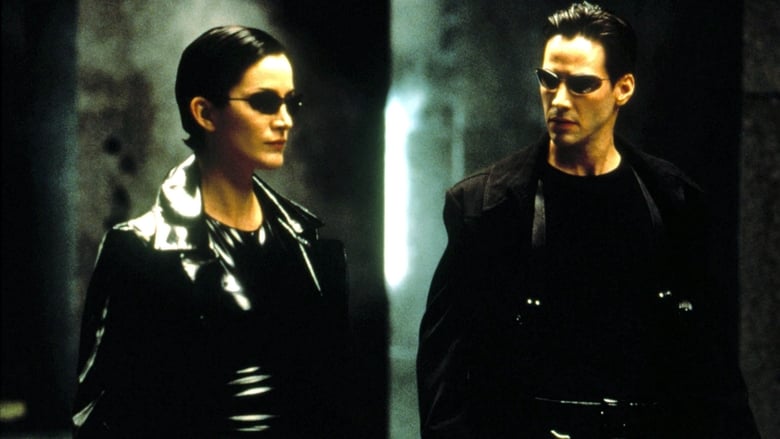
3. Eternal Sunshine of the Spotless Mind (2004)
Michel Gondry's surreal romantic drama, Eternal Sunshine of the Spotless Mind, offers a poignant exploration of love, loss, and the complexities of memory. The film's non-linear narrative, coupled with its imaginative visual effects, creates a dreamlike atmosphere that perfectly captures the disorienting experience of heartbreak. Beyond its unconventional storytelling, Eternal Sunshine delves into the ethical implications of memory manipulation and the importance of embracing both the joys and sorrows of human relationships. The film stars Jim Carrey in a more dramatic role than usual, showcasing his amazing acting skills. The movie's score, composed by Jon Brion, complements its dreamy and melancholic atmosphere.

2. Inception (2010)
Christopher Nolan's mind-bending heist film, Inception, dares to explore the labyrinthine world of dreams and the power of the subconscious. The film's intricate plot, layered with multiple dream levels and reality-bending visuals, forces viewers to question the nature of reality itself. Beyond its stunning action sequences and visual effects, Inception delves into themes of memory, guilt, and the human need for closure. The ambiguous ending continues to spark debate and discussion, solidifying its place as a modern cinematic masterpiece. Fun fact: the spinning top, used as a totem to distinguish dreams from reality, has become a cultural symbol representing the blurred lines between perception and truth.
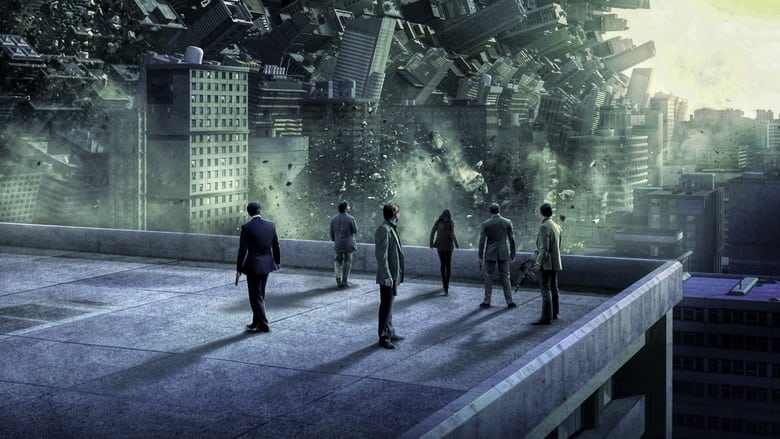
1. Interstellar (2014)
Christopher Nolan's epic space odyssey, Interstellar, isn't just a visual spectacle; it's a profound exploration of love, sacrifice, and humanity's place in the cosmos. The film grapples with complex physics concepts, wormholes, and relativity, challenging viewers to contemplate the very nature of time and space. With its breathtaking visuals, Hans Zimmer's emotionally resonant score, and a narrative that blends scientific theory with human drama, Interstellar leaves a lasting impression, prompting reflection on our responsibilities to future generations and the boundless potential of the human spirit. Did you know that Kip Thorne, a theoretical physicist, served as a scientific consultant on the film, ensuring the accuracy of the portrayal of wormholes and black holes?
